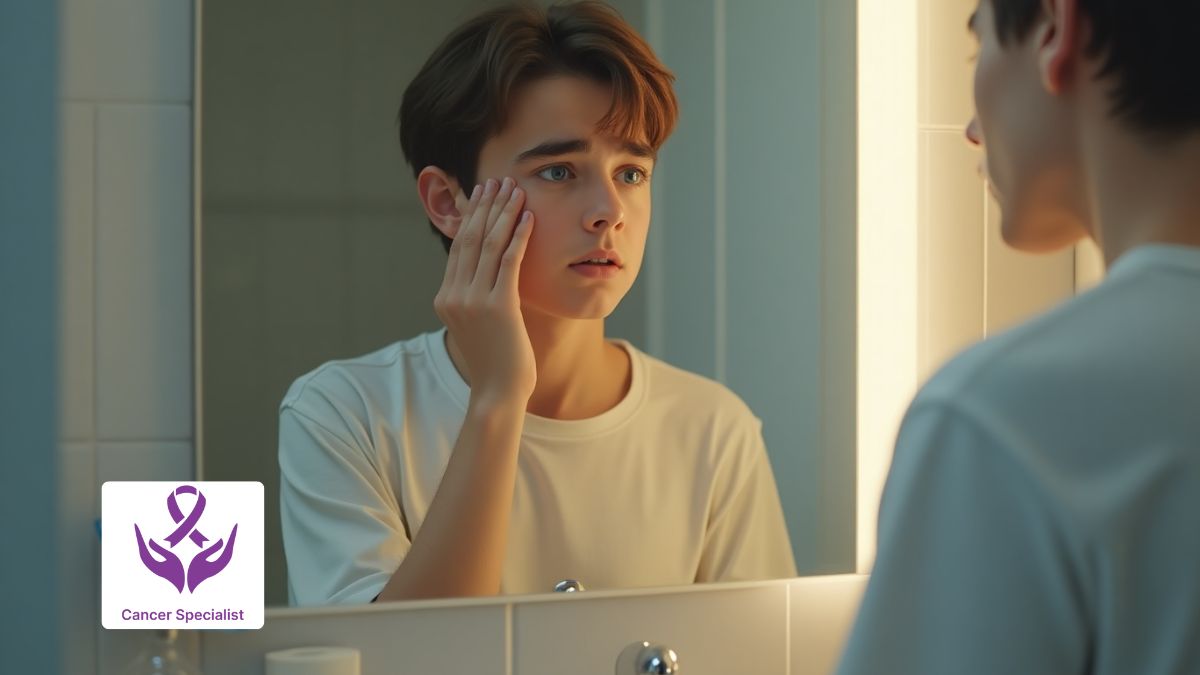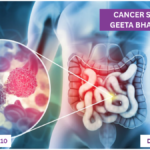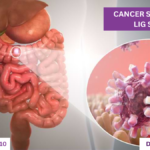Table of Contents
ToggleWhat Really Causes Testicular Cancer?
Testicular Cancer Causes Explained by an Oncologist Surgeon in Indore
Testicular cancer is a type of cancer that originates in the testicles, the male reproductive glands responsible for producing sperm and testosterone. It’s relatively rare compared to other cancers, but it’s the most common cancer in males between the ages of 15 and 35. The good news? When caught early, testicular cancer is highly treatable—even curable in most cases.
It typically starts in the germ cells, which are the cells that make sperm. There are two main types: seminomas and non-seminomas. Seminomas grow more slowly and respond well to radiation, while non-seminomas tend to grow faster and may require a more aggressive treatment plan.
Who is at Risk?
There are several risk factors for testicular cancer. Young men, especially those between the ages of 15 and 35, are the most vulnerable. A family history of testicular cancer can also increase your risk. Additionally, men born with an undescended testicle (a condition known as cryptorchidism) are significantly more likely to develop this form of cancer.
In India, individuals concerned about their risk are advised to consult a specialized Oncologist Surgeon in Indore Dr. Suyash Agrawal is renowned for his personalized and expert care in oncology.
What are the Warning Signs of Testicular Cancer?

Common Early Symptoms
Detecting testicular cancer early often comes down to noticing physical changes. The most obvious symptom is a lump or swelling in one of the testicles. This lump is usually painless, but that doesn’t mean it should be ignored. Pain or discomfort in the scrotum or lower abdomen, a feeling of heaviness, or even a dull ache are signs that something could be wrong.
Another symptom some men notice is a sudden collection of fluid in the scrotum or breast tenderness due to hormonal imbalances. Any change, no matter how subtle, is worth investigating.
When Should You See a Doctor?
If you notice any of these symptoms, don’t delay a check-up. Many men hesitate to discuss these symptoms due to embarrassment or fear, but catching testicular cancer early can make all the difference. If you’re in Central India, consulting an oncologist surgeon in Indore like Dr. Suyash Agrawal can provide clarity and peace of mind.
What Causes Testicular Cancer?
Known Risk Factors
The exact cause of testicular cancer is still unknown, but researchers have identified several contributing factors. Genetic mutations in germ cells often trigger the development of tumors. These mutations can be spontaneous or inherited.
Some of the main risk factors include:
-
Undescended testicle(s)
-
Family history of testicular cancer
-
HIV infection
-
Previous history of testicular cancer
-
Abnormal testicle development
Interestingly, having a vasectomy does not increase your risk, despite common myths.
Is Lifestyle a Contributor?
While lifestyle choices aren’t direct causes, they can impact overall health and possibly increase vulnerability. Smoking, exposure to certain chemicals, or a sedentary lifestyle might weaken your immune system’s ability to catch rogue cell growth early. Staying healthy and performing regular self-checks are vital.
If you are ever unsure about your symptoms or risks, Dr. Suyash Agrawal, a trusted oncologist surgeon in Indore, can provide detailed evaluation and guidance tailored to your needs.
How to Check for Testicular Cancer

Self-Examination Guide
Checking for testicular cancer at home is simple, quick, and should be done monthly. Here’s how to do it:
-
Stand in front of a mirror and look for swelling on the scrotum.
-
Use both hands to roll each testicle between your fingers gently.
-
Feel for any lumps, hardness, or irregularities. Remember, it’s normal for one testicle to be slightly larger or hang lower.
You’re not looking for pain, but for any new developments or changes. If something feels off, don’t panic—but do schedule a visit to your doctor right away.
Best Time for a Self-Exam
The ideal time to do a self-exam is during or right after a warm shower. The heat relaxes the scrotal skin, making it easier to detect any abnormalities.
How is Testicular Cancer Diagnosed?
Medical Tests and Procedures
If something unusual is found during a self-exam, the next step is a visit to a healthcare provider. They may recommend:
-
Ultrasound: The go-to tool for detecting masses in the testicle.
-
Blood Tests: Tumor markers like AFP, hCG, and LDH can signal cancer.
-
Imaging: CT scans may be used to check if the cancer has spread.
-
Surgical Removal and Biopsy: If cancer is strongly suspected, the testicle may be removed and examined.
Role of an Oncologist Surgeon in Indore
A top-tier oncologist surgeon in Indore like Dr. Suyash Agrawal plays a pivotal role in diagnosis and treatment. From performing biopsies to planning surgeries or chemotherapy, his expertise ensures patients receive care tailored to their specific cancer type and stage.





